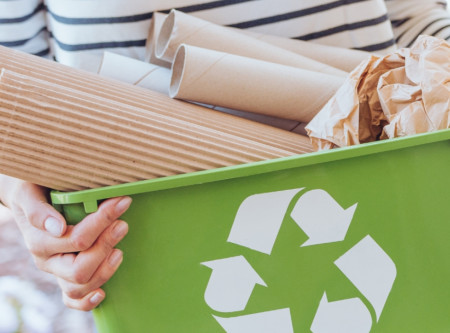Plastic Recycling Industry Changes Taking Effect in Australia

MELBOURNE, Australia, May 25, 2022 (Newswire.com) - According to Waste Sense, provider of independent waste management services Melbourne-wide, the Australian government and recycling industry has made a significant investment to improve recycling infrastructure and technologies aimed at increasing domestic recycling capacity.
The regulations have been designed to ensure 70% of plastic waste is either recycled or composted by 2025. Waste Sense says this year's federal budget added an extra $60.4 million to the Recycling Modernisation Fund (RMF), bringing the total federal government investment to $250 million.
The RMF now totals $1 billion and includes cash from industry and state governments. It is aimed at helping with new technology and infrastructure to ensure hard-to-recycle plastics, including soft plastics and takeaway containers, can be fully re-manufactured locally. Waste Sense explains that Australia is now projected to increase its domestic plastic reprocessing capacity from 227,000 tonnes in 2020-21 to 420,000 tonnes by 2025.
As more Australians become aware that soft plastic packaging can be turned into new products, they are beginning to take responsibility for the end-of-life of their packaging, says Waste Sense. The REDcycle program is an innovative soft plastic recycling initiative aimed at ensuring manufacturers, retailers and consumers share responsibility in creating a sustainable future. It was designed to make it easy for consumers to keep plastic bags and packaging out of landfills, with bins in almost 2,000 major supermarkets across the country.
According to REDcycle, there was a 200% increase in volume collected during the 2020-21 financial year. REDcycle sends the collected plastic to manufacturers to turn the material into new items, including furniture, bollards, signage, concrete alternative PolyRok and more.
For the country's shift to domestic recycling to succeed, Waste Sense points out that there needs to be a continued focus on ensuring consumers understand how creating a robust market for products to be made from recycled materials will contribute to a true circular economy.
Providing independent advice on waste solutions to meet unique business requirements, contact Waste Sense today to discuss waste management Melbourne-wide.
Waste Sense:
2/16 Northumberland Street, South Melbourne, VIC 3205.
Source: Waste Sense
